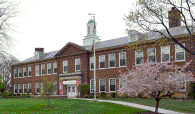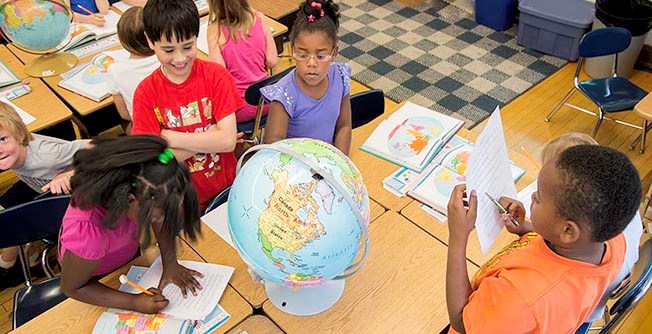Summative Field Blog
This semester of Education 100 has been a real interesting experience for me and has really helped guide me in the right direction for what I really what I want to do in the field. Through all the field experiences with and without my classmates has shown to be a great. I have found myself in this group and where I belong. I now have better understanding on what it means to be a teacher, why do teacher teach, and what motivates them. I've always asked on what makes a good teacher, and I have figured out that it is passion. Without passion you cannot teach. If a teacher doesn't have a passion to want to teach kids and have a big interest to be a mentor and provide insightful information to the kids of the future than why teach?
We talked about in class about the banking method and how it has been a part of classrooms and now it has been changing. Teachers are going are going outside this concept and have found different methods of teaching, not only based on the students learning style, but on what proves to be successful for the students and the teachers all together. Technology has also had a very big impact on how students learn and do things in the classroom. There are smartboards, laptops, social media, online databases, etc. All having a beneficial purposes with also distracting consequences to the students learning. Cell phones I have come to know are very useful, but pose a big problem in high school because of how much of a distraction it had become with all the social media.
Finally, I would to talk about the student-teacher relationship in high school. It has become a helpful give and take kind of relationship. The teachers provide them with all the resources needed to be successful in class and even if the student is struggling the teacher is most willing to help meet with them before or after class for the benefit of the student so he or she can improve in-class. More so the teacher is looked at as a mentor and a friend that the student can talk with the m about anything in and outside life of school. Teacher's and education of our kids is this nation's backbone and without it I do not think that society could function properly and that is why schools today are doing there very best to provide each and every kids with the most adequate or best education they can receive.








